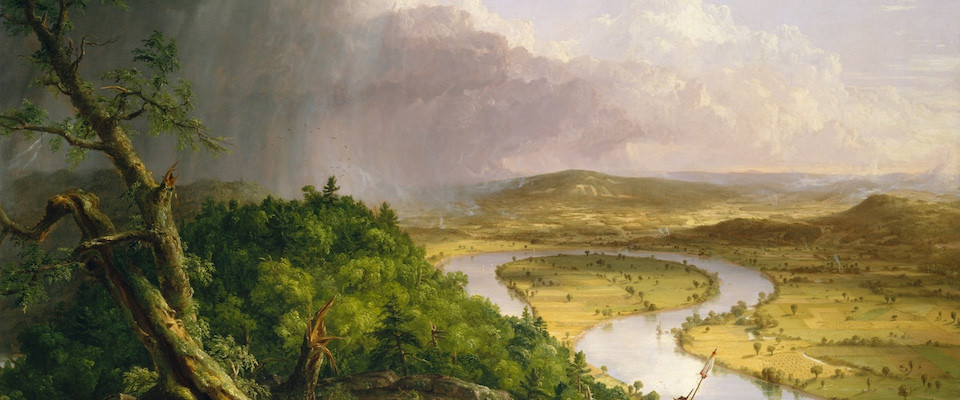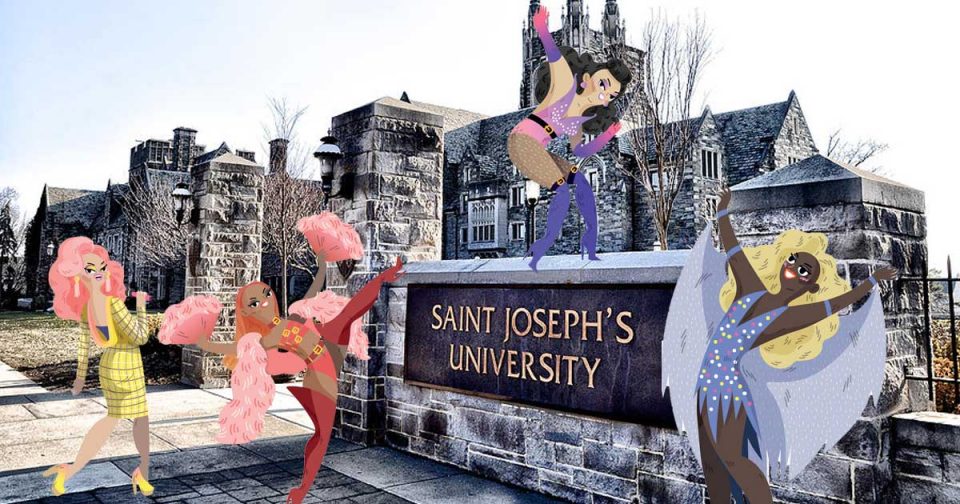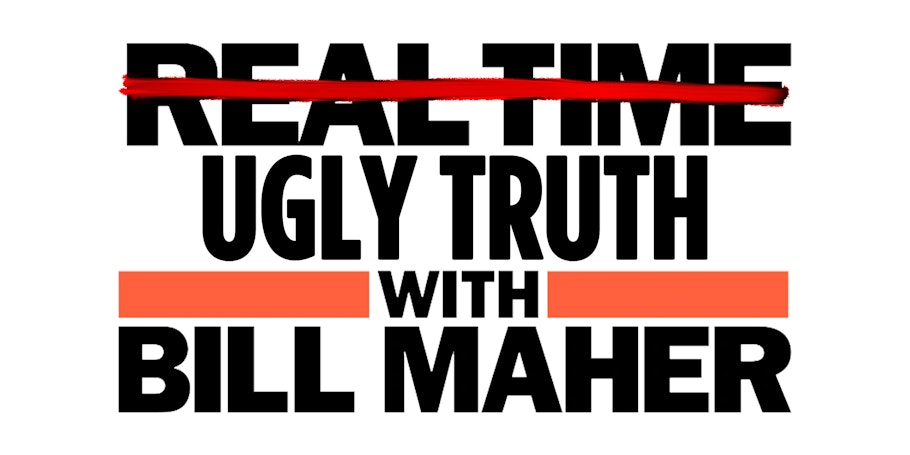I was twenty and a seminarian in 1964. It was an odd and urgent time, the peak of national self-confidence and anxiety, the height of the Cold War. It was a bipolar world, almost satisfying in its clarity. A godless Soviet Union and its puppet states faced a God-fearing America and its allies in the causes of freedom and democracy.
The differences were stark. For anyone awake early enough on a Midwest Sunday morning, TV programming would often start with Air Force fighter jet footage set to “The Pilot’s Prayer” by John Gillespie Magee:
I have slipped the surly bonds of earth,
And danced the skies on laughter-silvered wings;
…
And, while with silent lifting mind I’ve trod
The high untrespassed sanctity of space,
Put out my hand, and touched the face of God.
In that same year 1964, Folkways Music released History of the Soviet Union in Ballad and Song: Vol. 1, Songs of the Revolution and the Civil War. The album was a mix of atheist hot hits: “The Internationale,” “The Red Flag,” “Tortured to Death in Prison,” “Shooting of the Communards,” and so on. But the first and most striking track was “We Renounce the Old World,” sung in manly Bolshevik fashion to the tune of La Marseillaise.
Times have changed. Half a century later, the Red Army Chorus sings “It Came Upon a Midnight Clear” and “O Little Town of Bethlehem” on Christmas CDs, as American commerce does its best to squeeze the “C-word” and Nativity scenes out of the holiday season. The world is upside down. Or so it seems.
In reality, “We Renounce the Old World” fits quite comfortably with the spirit of novus ordo seclorum—“a new order of the ages”—the motto stamped on our nation’s Great Seal. Renouncing the Old World is at the heart of the American Founding and cult of progress. So is religious faith, of course, but our nation’s original faith had a uniquely Calvinist form—a kind of radically this-worldly Christianity which, to echo the historian Carlos Eire, paved the way for modern unbelief. The route that brought us—we conquerors and creators of the New World—to our growing disinterest in anything transcendent may be more pleasant than the thuggishness of the old Soviet system. But the absence of God from our public life and imagination may, in the end, be even more thorough.
This comes as a shock to many believers. It shouldn’t. As Alexis de Tocqueville noted nearly 200 years ago, in repudiating the past and focusing on a future just out of reach, Americans achieve great things but can never find rest. At our best, we’re a people of piety, mutual support, self-reliance, and law. But just as commonly, we’re consumed by the prospect of more; by an “immoderate desire for wealth,” fickleness, and constant need for change. We live in “perpetual adoration” of ourselves, but also in a herd-like conformism. As a result, “only foreigners or experience can make certain truths reach [our] ears.”
The perspective of certain astute foreigners is the great virtue of James Nolan’s absorbing book. A professor of sociology at Williams College, Nolan profiles four foreign visitors to the United States—Tocqueville, Max Weber, G. K. Chesterton, and Sayyid Qutb—and lays out their distinct views of American culture. All make important reading, but the most penetrating and fierce criticism comes from Sayyid Qutb.
Tocqueville, Weber, and Chesterton were all Europeans who viewed the world through a legacy of classical, biblical, and Enlightenment thought. As an Egyptian Muslim student arriving in the United States in 1948, Qutb was entirely Other, an Outsider in every sense. Like Tocqueville, he was disturbed by Americans’ racial attitudes, materialism, indifference to the majesty of nature, and disregard for the “sanctity of death.” But he was even more appalled by the sexual license and relentless appetite for pleasure he found nearly everywhere. On his return to Egypt, radicalized by his time in America, he joined the Muslim Brotherhood, nursed a lifelong disgust for the West, and was later hanged for plotting against the insufficiently Islamic Egyptian government.
Time has shown that it’s dangerous to ignore foreign criticism. It’s equally foolish to accept it at face value and underestimate the great achievements of liberty and law that we as Americans rightly take pride in and must work to protect. But the hard look in the mirror Nolan’s book offers us is a very timely gift.
The lesson in What They Saw in America is simple. A fine line exists between self-confidence and self-delusion. Sanity involves seeing the difference. An adult knows his skills and takes pride in his talents. He also has the common sense to admit his weaknesses, and the prudence to respect his own limitations and the experience and abilities of others. Striking this balance is a key to the good life—the life that increases the happiness and well-being not only of oneself, but of others.
As with individuals, so it is with nations. As a people, we forget that at our peril.
Charles J. Chaput, O.F.M. Cap., is archbishop of Philadelphia and author of Strangers in a Strange Land: Living the Catholic Faith in a Post-Christian World.
https://www.firstthings.com/web-exclusives/2018/03/we-renounce-the-old-world








